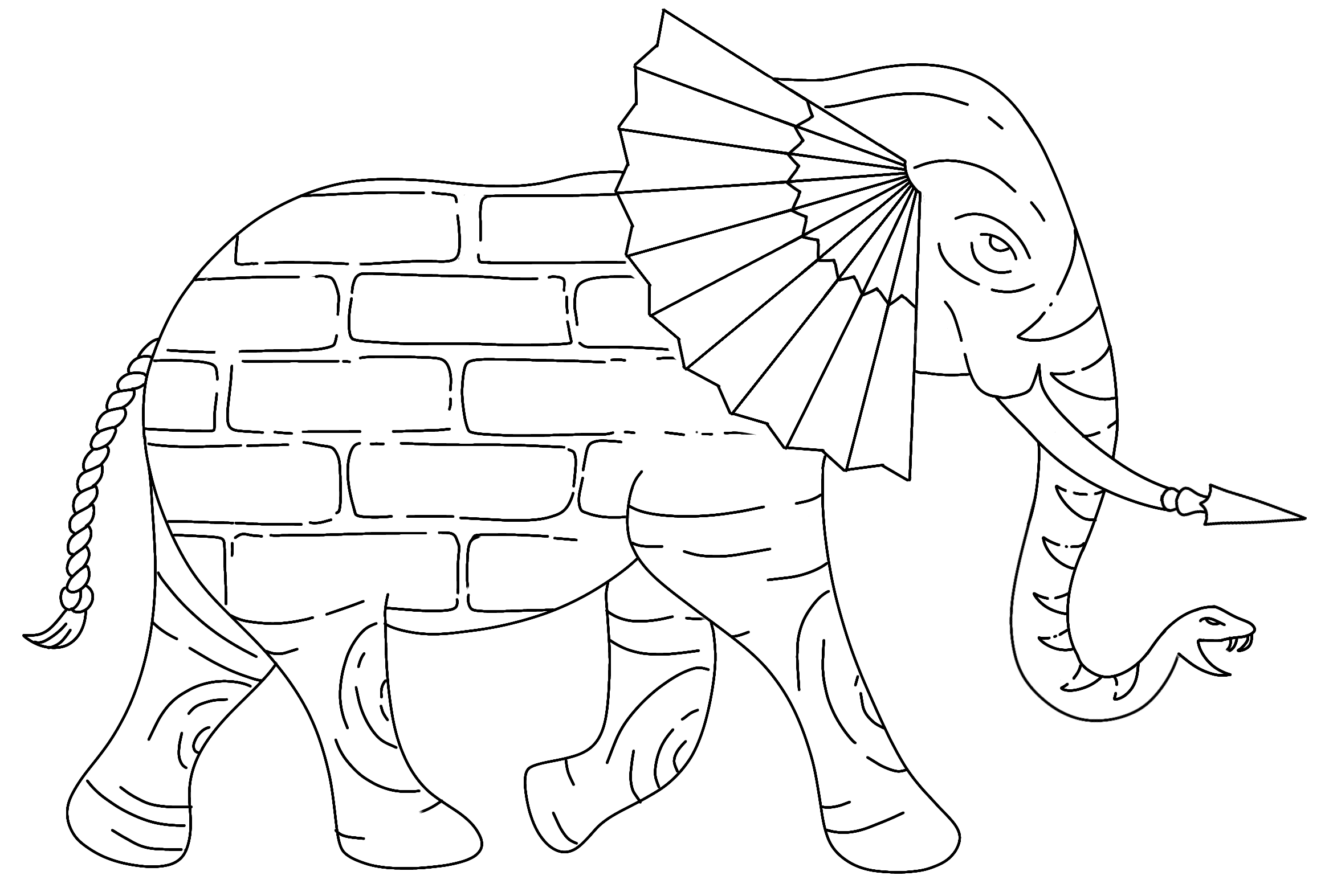From a reflection that required using a picture as a prompt.

The picture I chose is of me in a dive-bar located next to a canal that feeds into Inle Lake (Burma). I can be seen sharing local rice wine with fishermen and boat-tour operators who grew up on the beautiful lake and its unique floating villages.
I took a one-day boat tour, starting at this bar, which ended up running late due to a mechanical breakdown. The head boat-tour operator (in front of me on the right) became extremely worried about us not being back before dark. Relieved when we finally arrived, he invited me to join them for a drink. What followed was an invaluable encounter with enterprising locals.
We spoke for more than an hour about everything from life in rural Burma and the Junta to music and the English Premier League. It was a meaningful reminder of the universality of the human condition, despite our cultural differences. Amazingly, they decided at one point that we should all play musical chairs. And – believe it or not – me, a swiss backpacker, and several Burmese men in their 30s and 40s proceeded to play musical chairs with Justin Bieber blasting in the background.
But for me the most important conversation we had was about tourism, particularly in the context of cautionary international guidelines for travel to Burma. The men had heard of the Rohingya crisis but were, naturally, very distant from the issue and of course were not in charge of military decisions. In fact, one of their friends who joined us was a member of the military.
They explained that when they were younger, Inle Lake was an impoverished community consisting largely of subsistence farming. Due to limited access to education and economic opportunity most people lived their whole lives in the area, living as previous generations had. When Burma internationalized, however, the influx of tourists transformed the region into a thriving travel destination. Increased wealth led to the village being able to open its first high school – where some of their children now studied. The tourism economy lifted many out of poverty and drastically improved overall quality of life.
But now, again, they were struggling. The international community’s condemnation of the country or in other words, the policies of their government, once more unfairly punished them.
“They think Burma is dangerous, that the people are bad, that our country isn’t safe. What have you seen? How have the people treated you? Are we bad people?”
He urged me to tell everyone about my experience. To share with people back in Canada the stories of Burma’s people. To remind them that people are not always their government, nor are governments always their people. And honestly, I fell in love with the Burmese people. Their warmth and generosity is in my opinion unparalleled, and it is a shame that so many of them are becoming collateral damage.
